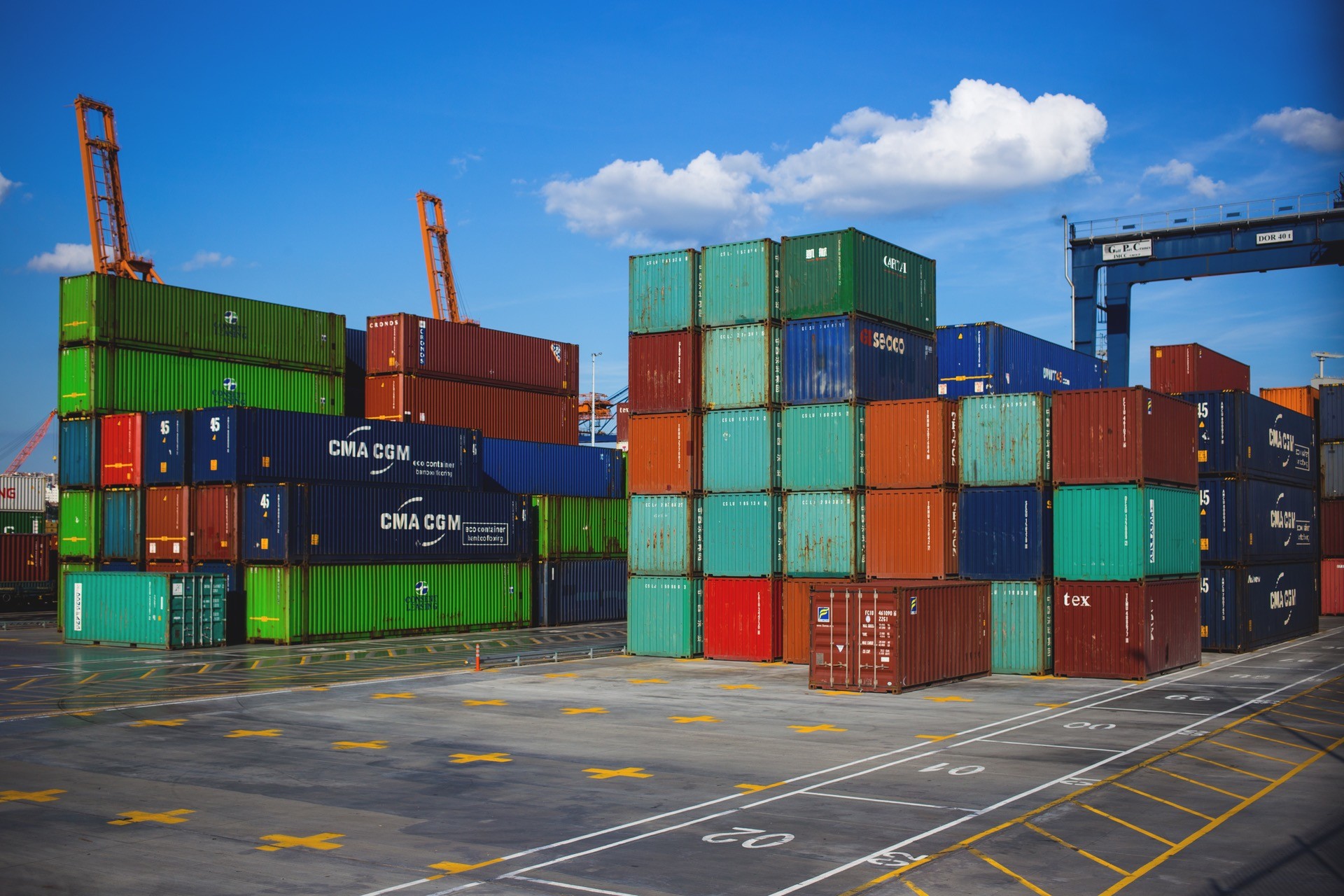If high-value cargo is stolen, is the interstate carrier’s liability limited to only the value of the cargo that is listed on the bill of lading? That’s what the Carmack Amendment claims. However, according to a case recently decided in Ohio, the language in the Master Transportation Services Agreement between the broker and the carrier can’t be preempted by the Carmack Amendment.
An article in Overdrive reports that a federal judge just awarded $5.9 million to Excel, Inc., in its suit against Southern Refrigerated Transport. In 2008, a shipment of pharmaceuticals was stolen from a rest stop in Tennessee while en route from Excel’s warehouse in Pennsylvania to Memphis. Excel filed a claim with Southern Refrigerated Transport of more than $8.5 million. The carrier denied the claim, stating that its liability was limited to the amount on the bill of lading, which was less than $57,000.
However, the article noted, the transportation agreement between the broker, Excel, and the carrier, Southern Refrigerated Transport, stated that — in the event of a lost load — the carrier was responsible for the replacement value for the shipper’s freight. In absence of such language, the carrier’s liability would have, in fact, been covered by the Carmack Amendment, which was designed to limit the liability of interstate carriers.
An Ohio-based attorney with knowledge of the case stated that it is a good reminder to everyone in the marketplace to be sure they completely understand the provisions of the contract that they’re signing, as the difference between federal language and MTSA language can, as in this case, mean a difference of millions of dollars.
In situations where you have signed indemnity agreements between the Carrier & Broker/Shipper it is always a good idea to have enough cargo insurance to cover the full value of the shipment. If the limits are too low there are products available, such as our Freight Insurance ASAP Coverage, which will allow you to instantly bind Excess Cargo Insurance over the transportation providers underlying limits. These costs can often passed on to the shipper and further reduce exposures for all parties involved.

 1-888-910-4747
1-888-910-4747
